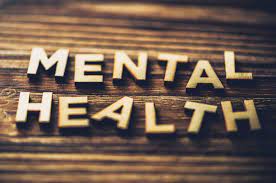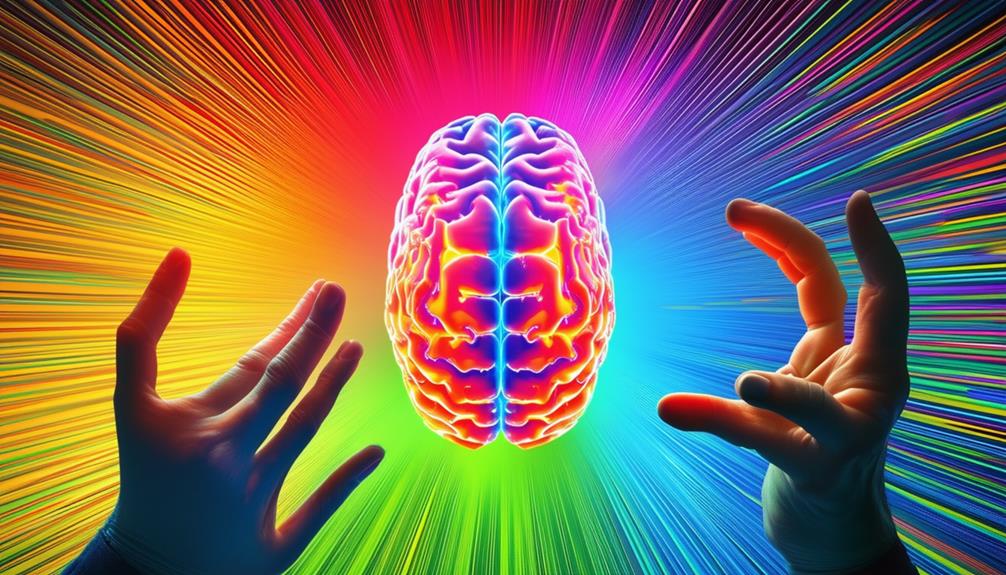-
How Spravato Is Changing the Landscape of Depression Treatments

Spravato, an esketamine nasal spray, is prescribed for adults with certain depression types, and it is approved for use. It presents a different approach from many traditional oral antidepressants. While it is derived from ketamine, Spravato contains only one part of the ketamine molecule and is administered under medical supervision. Here is more information about
-
Navigating Anxiety Triggers in Social Situations

Social situations can trigger anxiety responses that feel intense. While some responses may seem surprising, noticing them provides insight, and reflecting on patterns may help identify personal tendencies. Exploring ways to respond differently can make navigating social environments feel more approachable. Here are a few tips for navigating anxiety triggers in social situations: Social Anxiety
-
Effective Coping Mechanisms for Anxiety Management

Anxiety affects millions of individuals worldwide, manifesting through various physical, emotional, and cognitive symptoms that can significantly impact daily functioning. Coping mechanisms can help individuals manage symptoms and improve overall quality of life. Here are a few evidence-based strategies for anxiety treatment to help you manage your condition effectively. Understanding Cognitive Strategies Cognitive coping strategies
-
The Role of Psychiatrists in Crisis Intervention

During moments of acute emotional distress or mental health emergencies, timely and professional support can make all the difference. A psychiatrist plays a significant role in crisis intervention by assessing immediate risks, stabilizing patients, and guiding them toward appropriate treatment. Here’s more information on the role of psychiatrists in crisis intervention: How Do Psychiatrists Handle
-
The Role of Psychiatry in Preventing Mental Health Crises

Psychiatry plays a fundamental role in preventing mental health crises by addressing emotional and behavioral challenges before they escalate. Through early assessment and intervention, psychiatry helps individuals understand their mental health. Psychiatrists not only manage existing conditions but also help reduce the risk of severe episodes, hospitalizations, or long-term complications. Understanding how psychiatry contributes to
-
Understanding Common Neurological Conditions in Children

The central nervous system plays a central role in a child’s development, behavior, and learning. Neurological conditions arise from issues within this complex system. These conditions can manifest in various ways. A wide spectrum of disorders may affect a child’s nervous system, influencing everything from muscle control to memory and social interaction. Recognizing the signs
-
Coping Mechanisms for Living With OCD

Living with obsessive-compulsive disorder presents unique challenges that affect daily functioning and overall quality of life. OCD involves persistent, intrusive thoughts that create anxiety and compulsive behaviors aimed at reducing that distress. Understanding effective coping mechanisms can help individuals develop practical strategies to manage symptoms and regain control over their daily experiences. Recognize Triggers Early
-
Exploring the Link Between Neurological Disorders and Mental Health

Neurological disorders and mental health conditions frequently co-occur, creating complex clinical presentations seen in general neurology. This relationship involves shared biological mechanisms, overlapping symptoms, and interconnected treatment approaches. Understanding these connections helps healthcare providers develop more comprehensive care strategies and helps patients navigate their health journey more effectively. Sharing Biological Mechanisms Many conditions treated in
-
Treatment Strategies for Anxiety

Anxiety disorders affect a significant portion of the population, presenting with symptoms that can interfere with daily functioning. Individuals seeking management strategies have various options available beyond the typical oral medication or therapy. Here is more information on two neurotherapeutic approaches used in the treatment of anxiety: Exploring MeRT Magnetic Resonance Therapy, or MeRT, is
-
The Role of Lifestyle Changes in Managing Depression

Medical treatment is often necessary in addressing mental health conditions, but daily habits also play a powerful role in recovery. For individuals living with depression, lifestyle changes can support emotional well-being and the effectiveness of therapy or medication. Here are some lifestyle changes and their roles in managing depression: Build a Healthy Daily Routine Establishing

